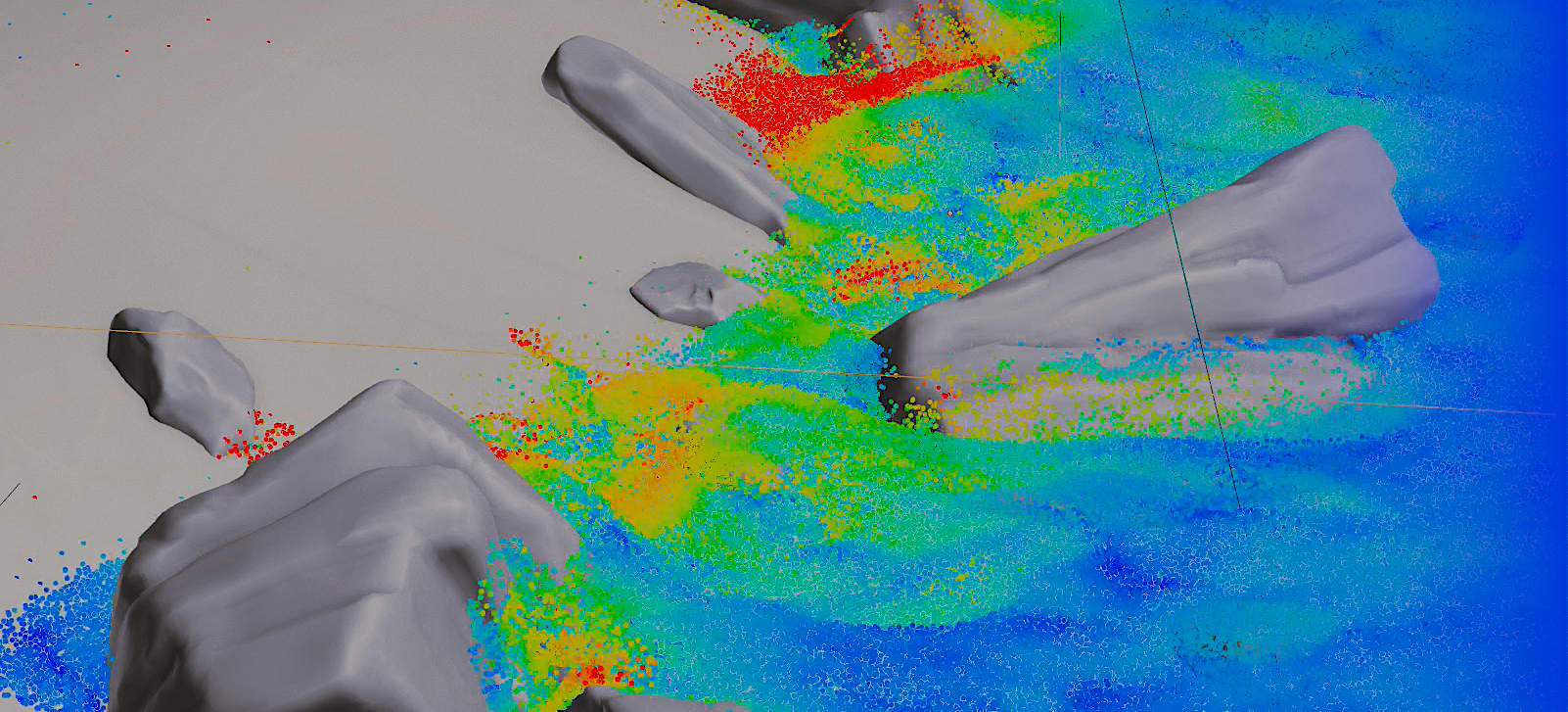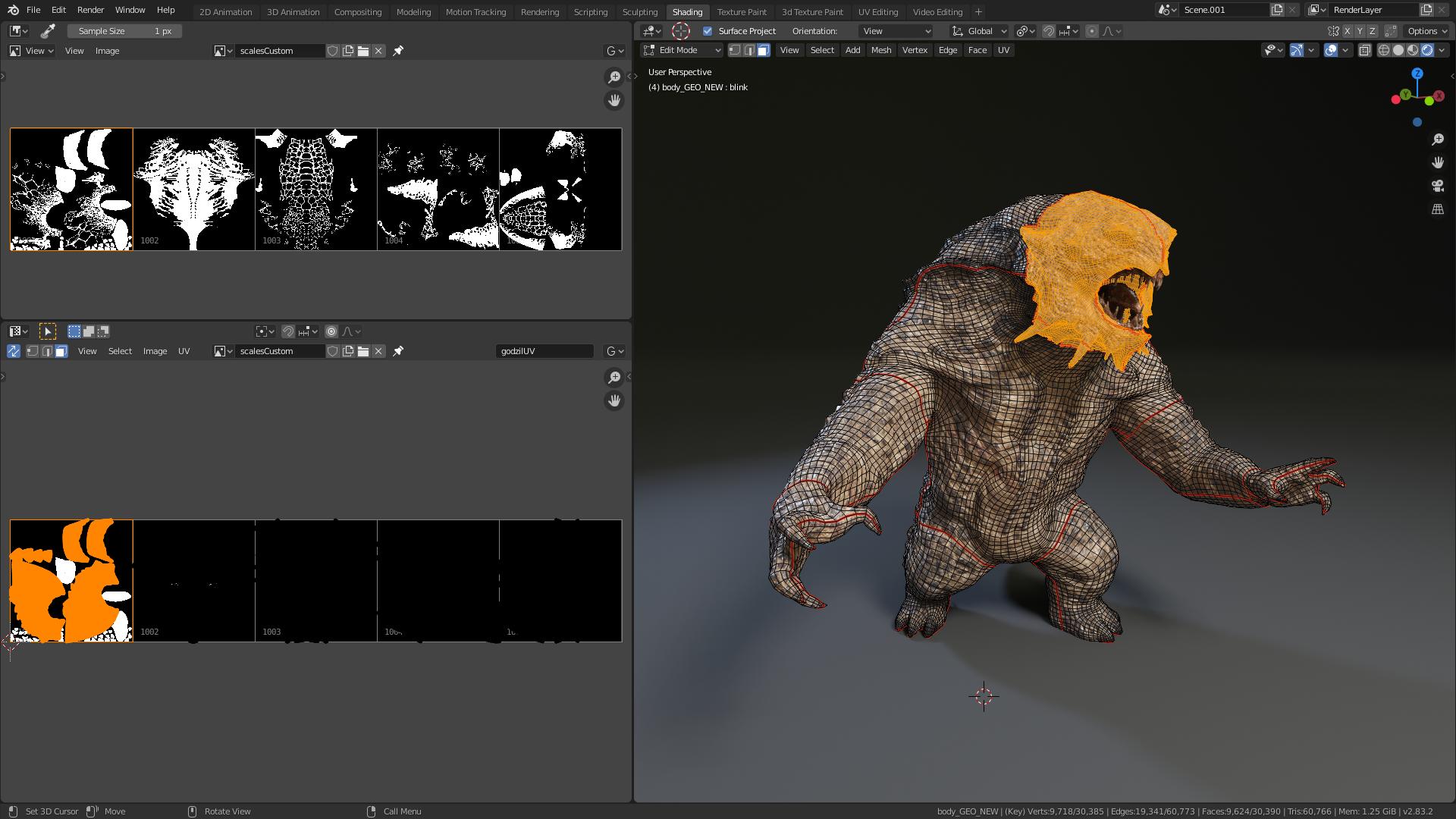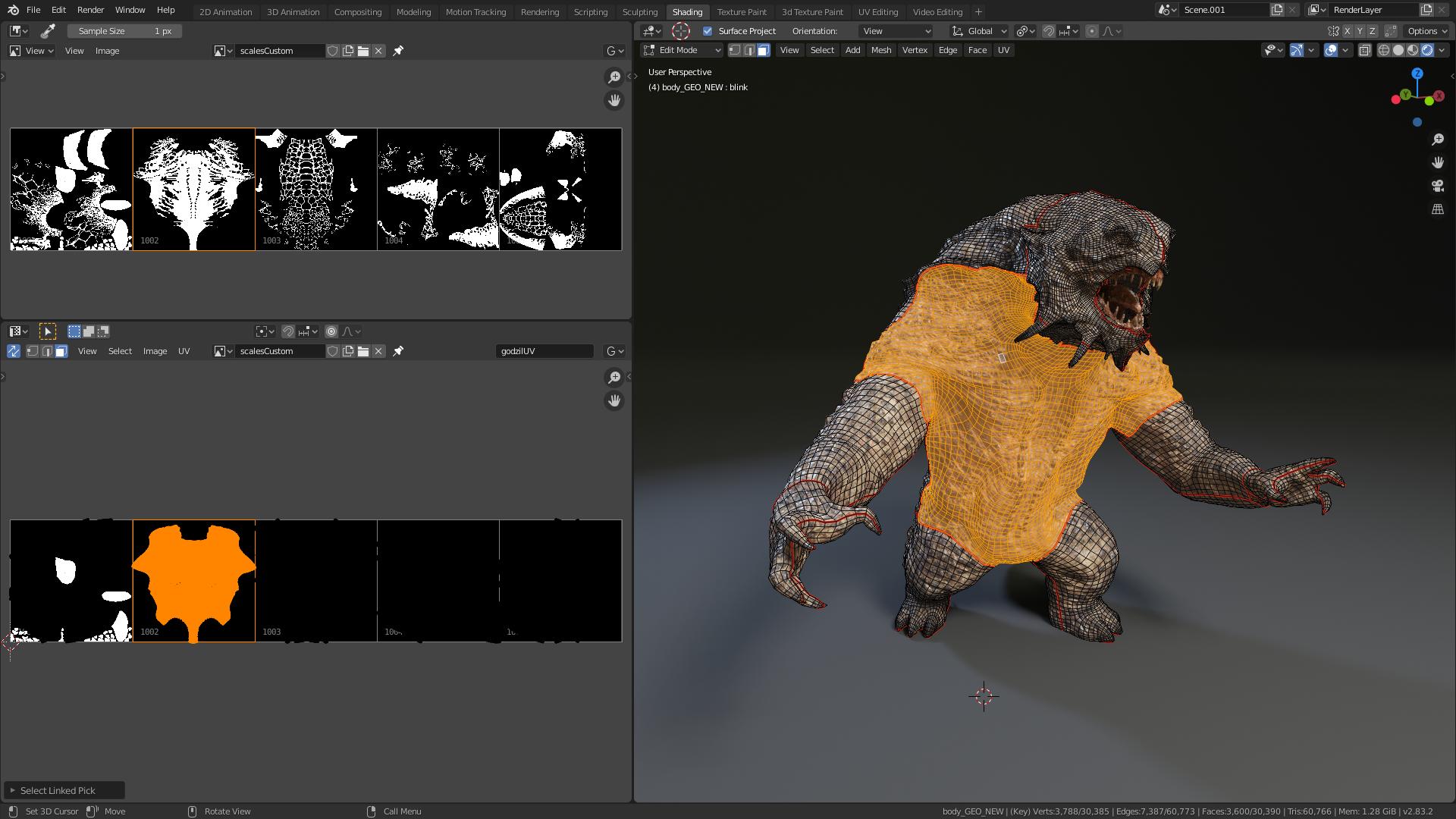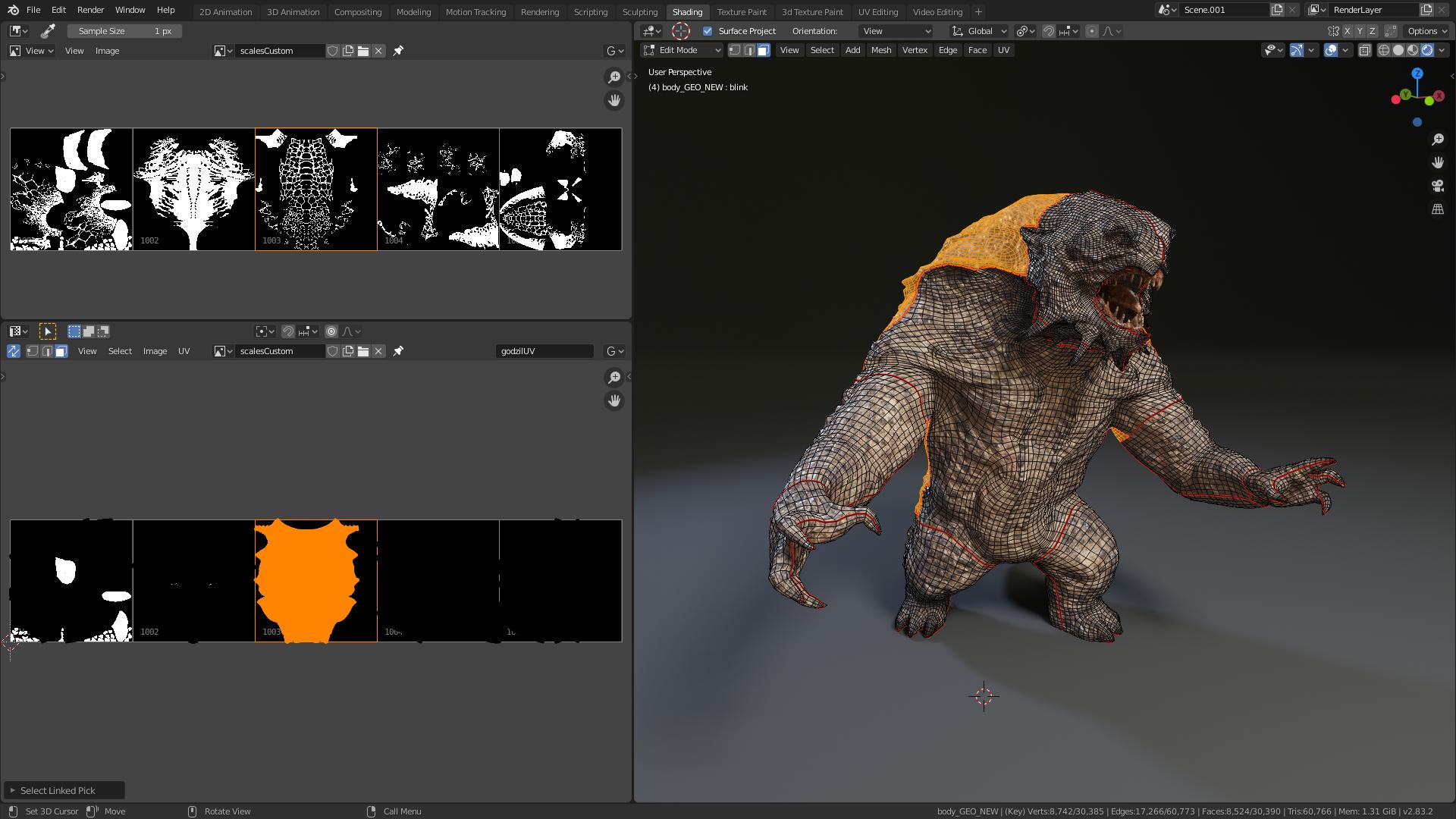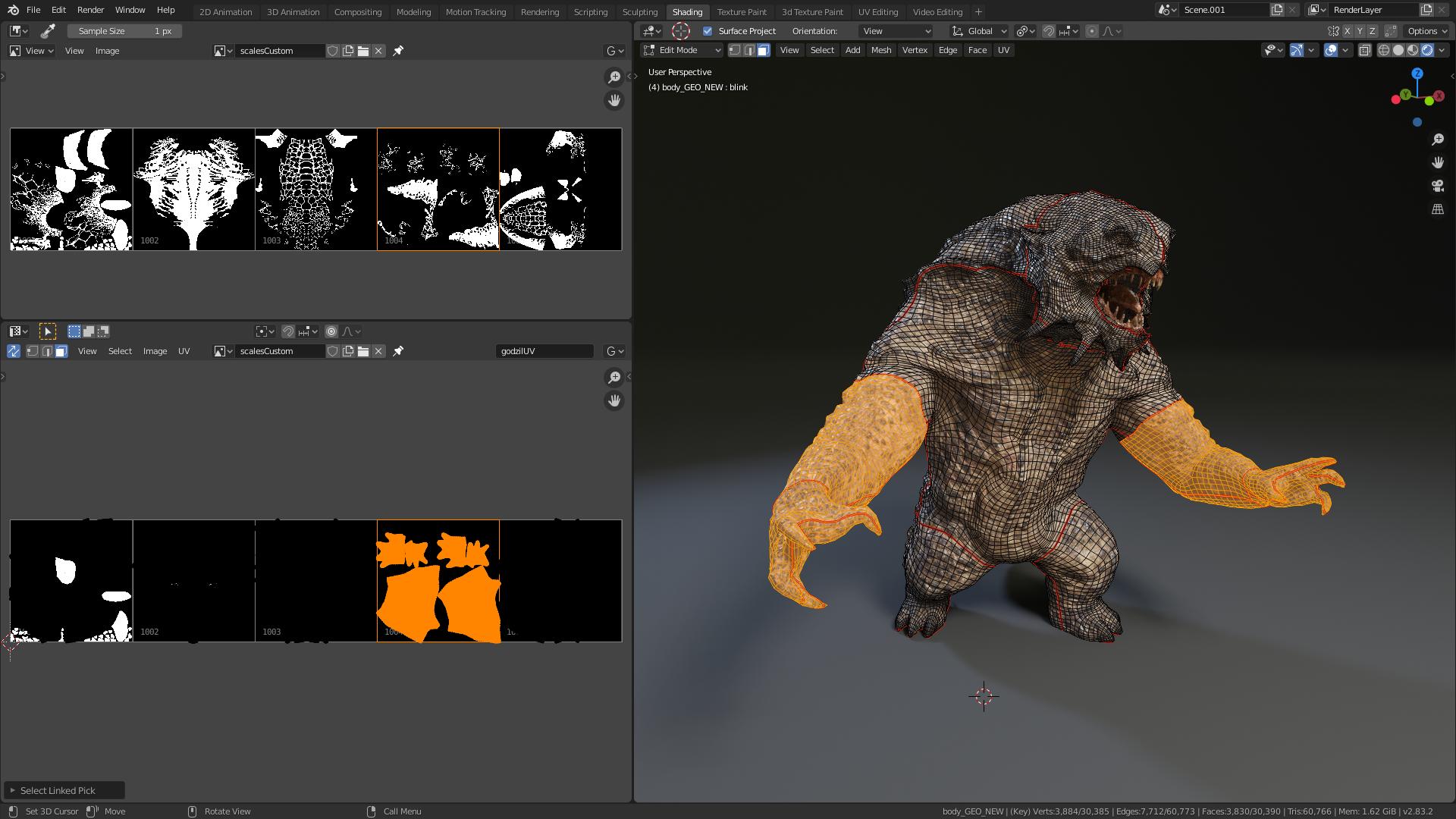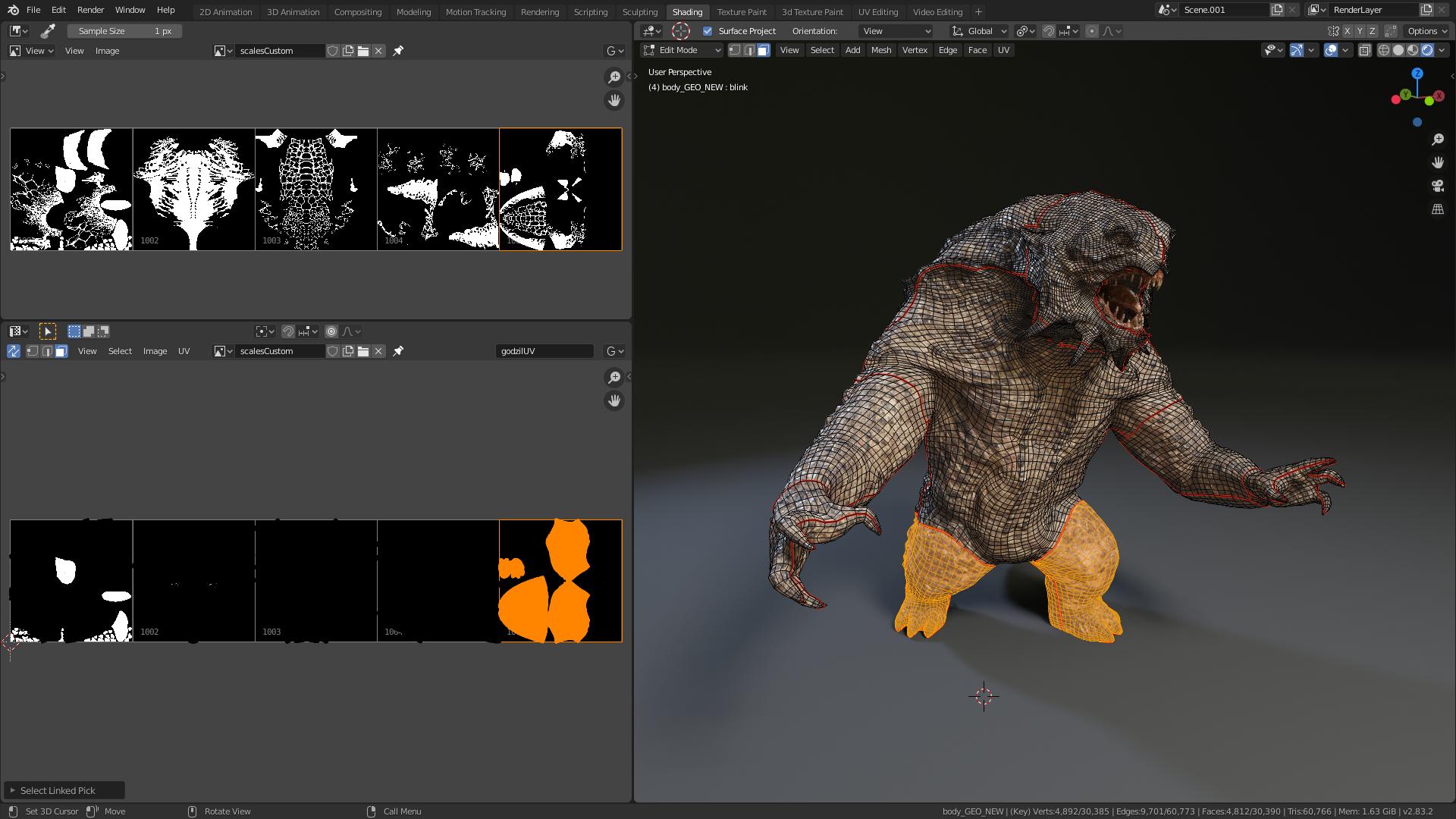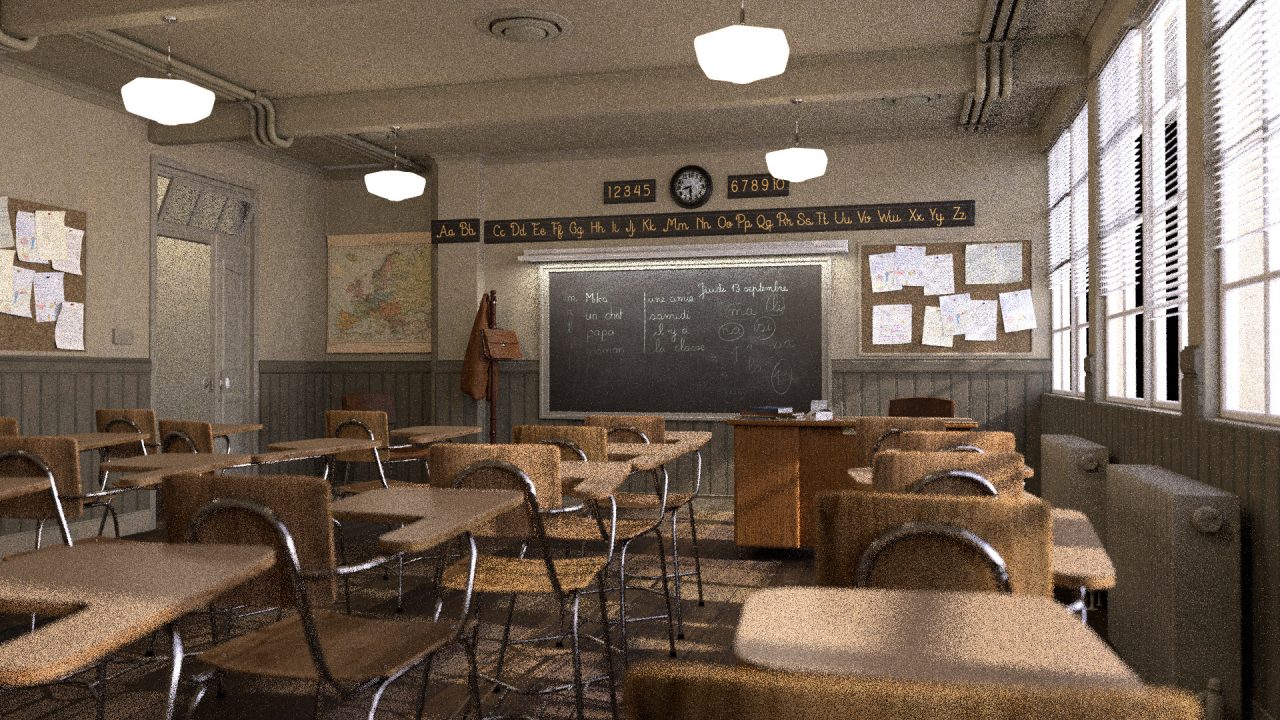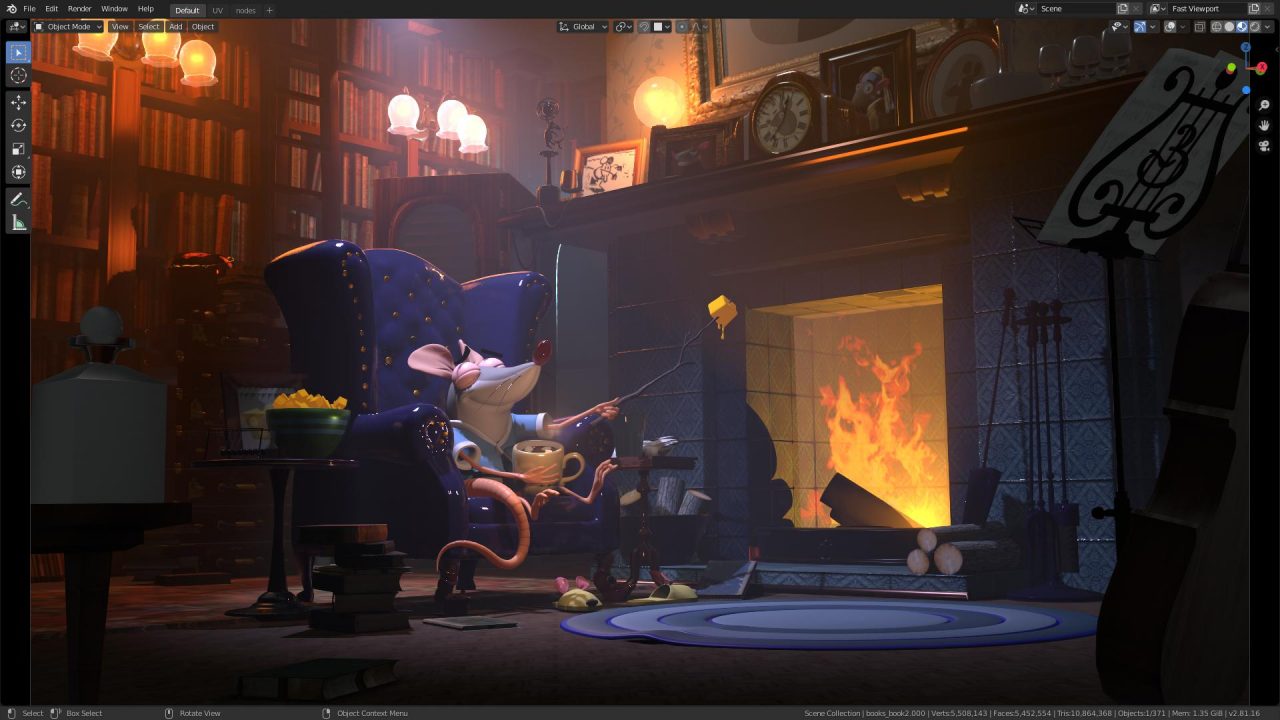Power Your Pipeline
With again over a thousand fixes and several important updates that were planned for the 2.8 series. In this release you will find UDIM and USD support, MantaFlow fluids and smoke simulation, AI denoising, Grease Pencil improvements, and much more!
February 14, 2020
A number of critical fixes were done as part of the corrective release 2.82a. Make sure you update for a rock solid 2.82! Released on March 12th, 2020.
Blender’s simulations got a major bump with a brand new physically-based liquid/gas simulation system using Mantaflow and improvements in cloth physics.
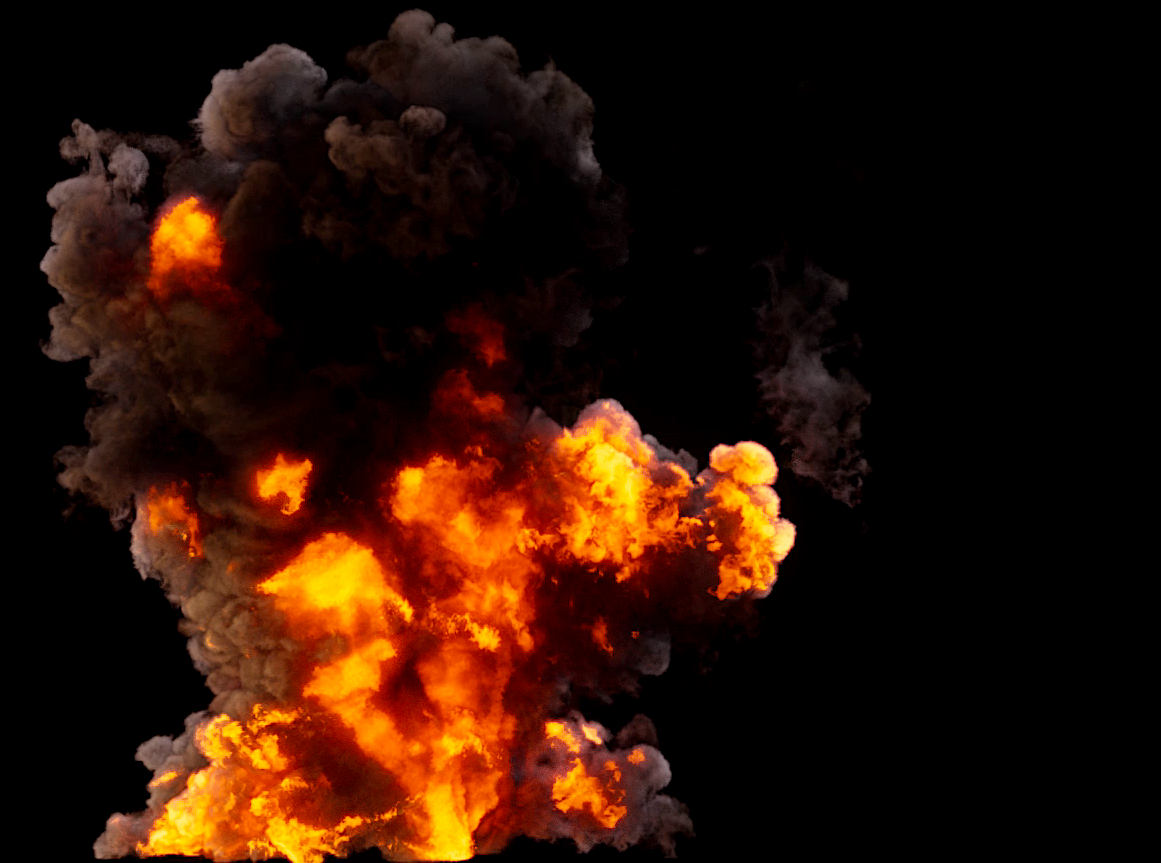
The new Mantaflow system allows you to create mind-blowing fire and smoke simulations.
Simulate balloons and cushions with ease.
Make cloth behave like a soft body.
USD files can contain complex layering, overriding, and references to other files. Blender’s USD Exporter takes a much simpler approach.

Node Improvements
Geometry node now has a Random Per Island option, to randomize textures or colors for different components within a mesh.
Math node has new operations: trunc, snap, wrap, compare, pingpong, sign, radians, degrees, cosh, sinh, tanh, exp, smoothmin and inversesqrt.
New interpolation modes: Linear, Stepped Linear, Smoothstep and Smootherstep.
Distortion was improved to distort uniformly in all directions, instead of only diagonally.
Custom Shader AOVs
A new AOV Output node can be put anywhere in your shader node tree and will be exposed as a custom render pass.
And even more:
Denoising
- The Albedo pass was improved to work better with the OpenImageDenoise compositor node. Read more.
- The Normal pass was changed to output in camera space to work better with the OptiX denoiser. Read more.
Faster Rendering on Windows
BVH build time on Windows has been significantly reduced by using a better memory allocator, making it similar to Linux and macOS performance. Read more.
- Supports multiple GPUs.
- Impressive results with low samples.
- Built into Blender’s view layer system.
This AI-Accelerated Denoiser was contributed by NVIDIA.

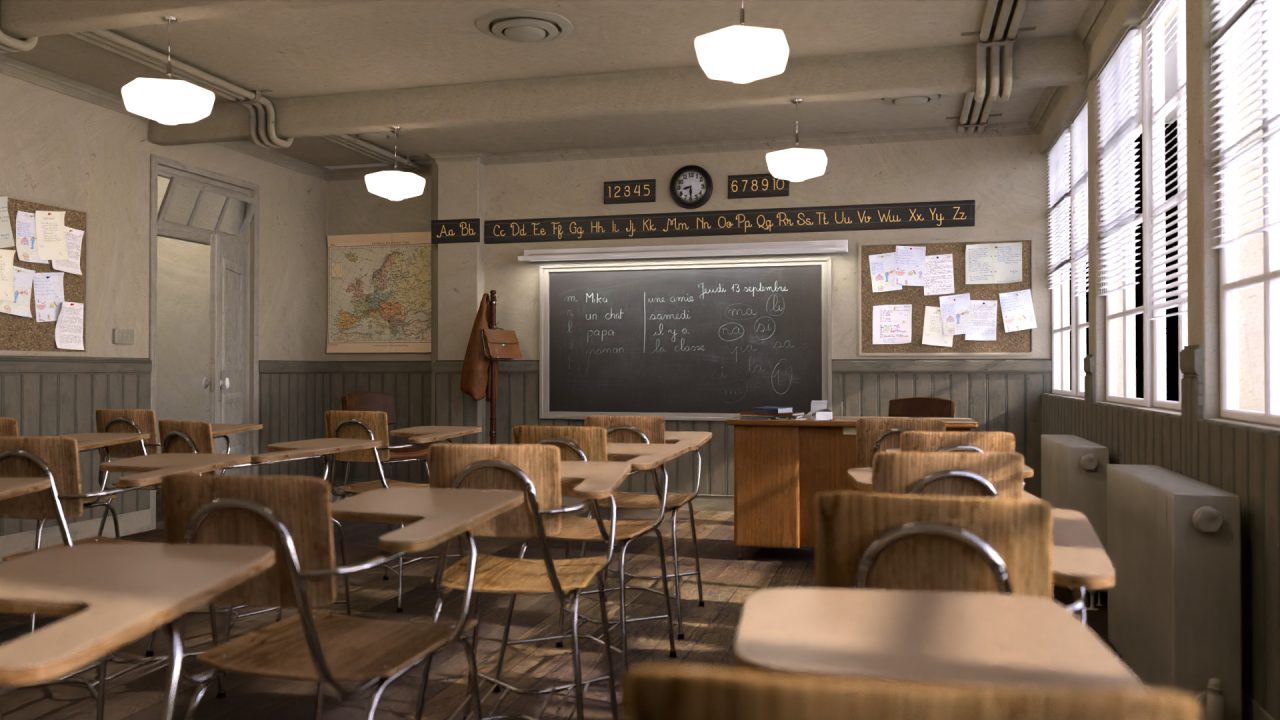
Preview Passes in the Viewport
Just like in Cycles, you can now pick which pass to see while in Rendered shading mode.
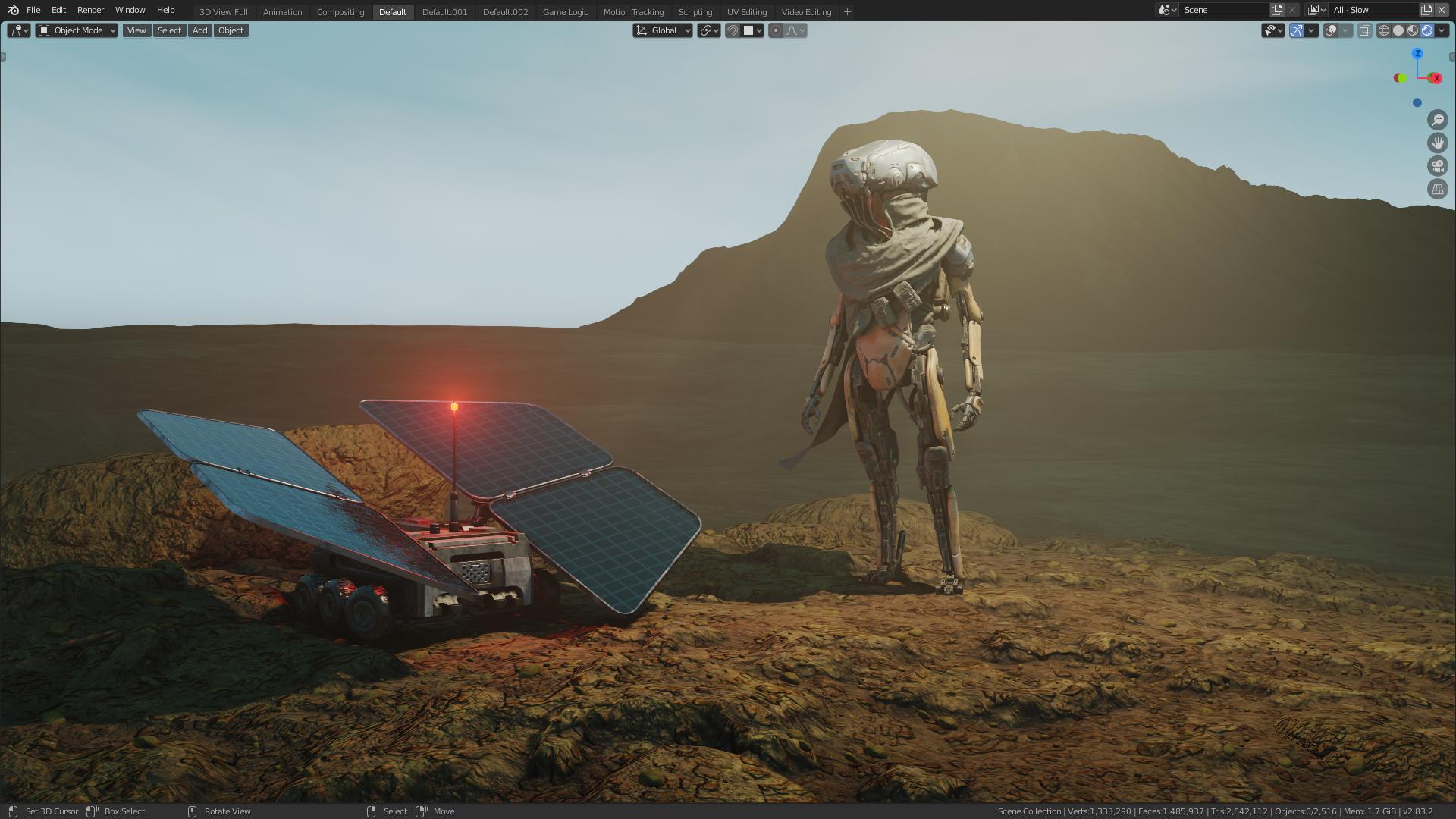
Ambient Occlusion, Normal, Mist, Subsurface Direct and Subsurface Color are supported, with more passes coming in Blender 2.83!
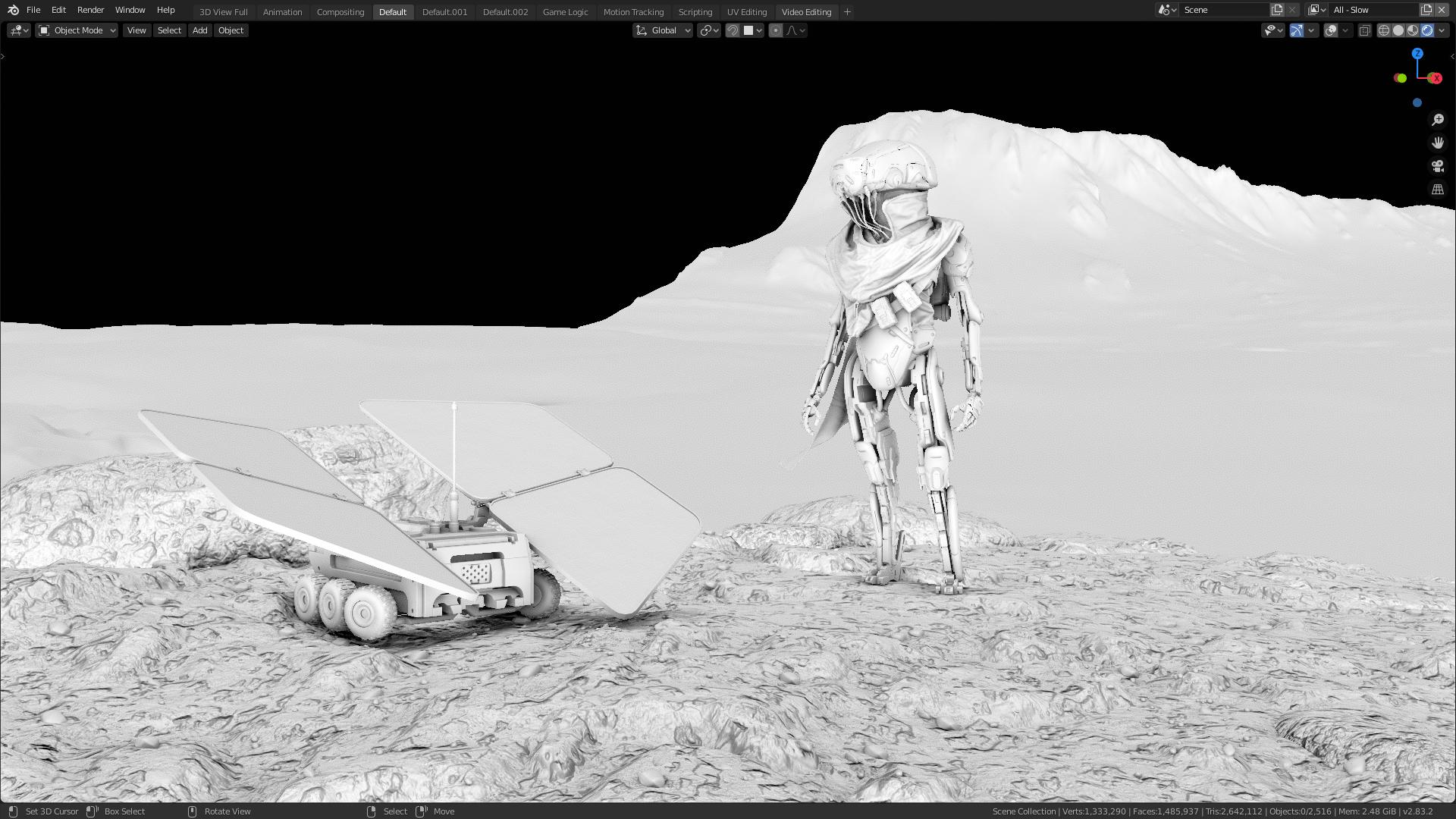
Ambient Occlusion, Normal, Mist, Subsurface Direct and Subsurface Color are supported, with more passes coming in Blender 2.83!
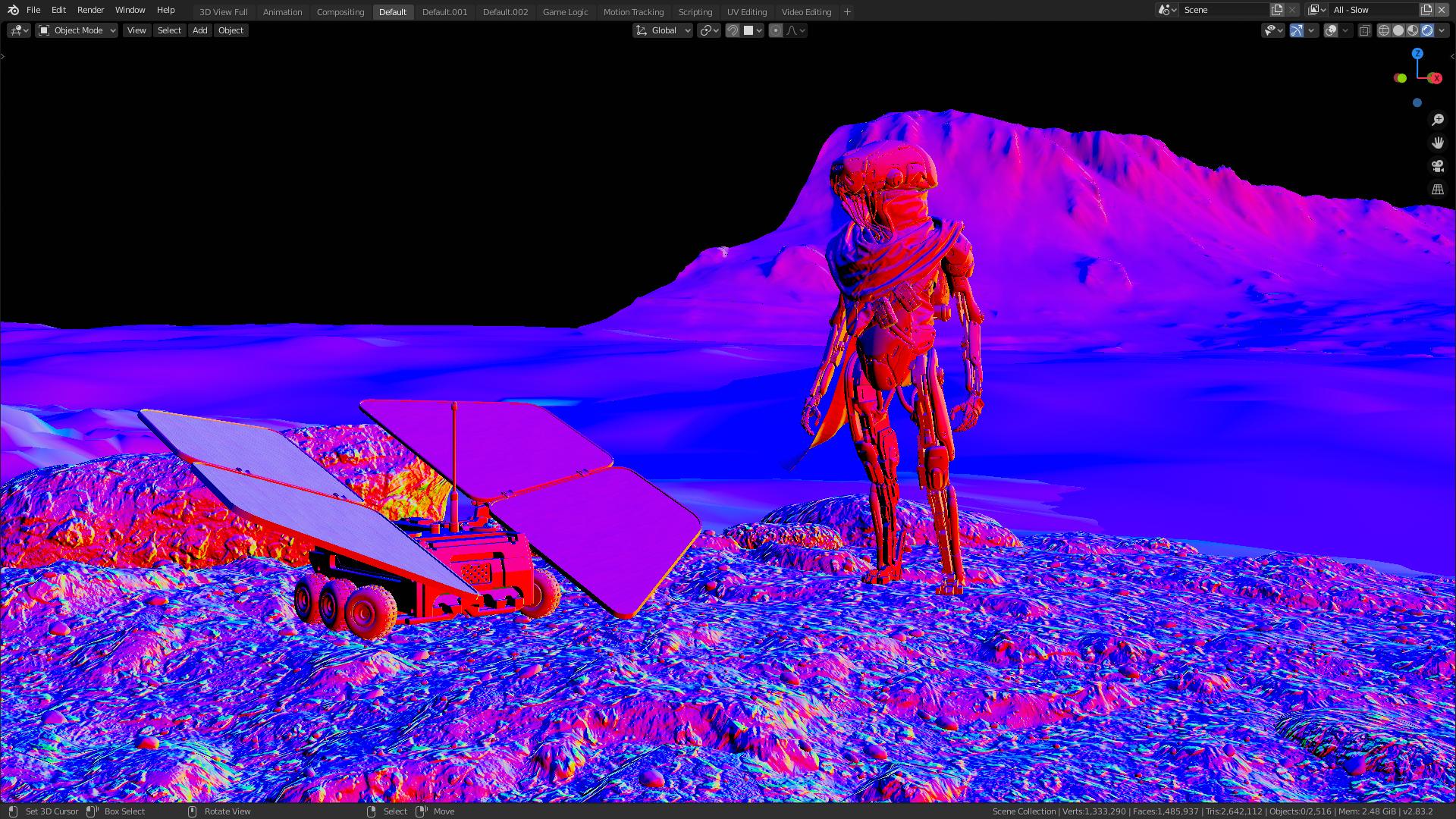
Ambient Occlusion, Normal, Mist, Subsurface Direct and Subsurface Color are supported, with more passes coming in Blender 2.83!
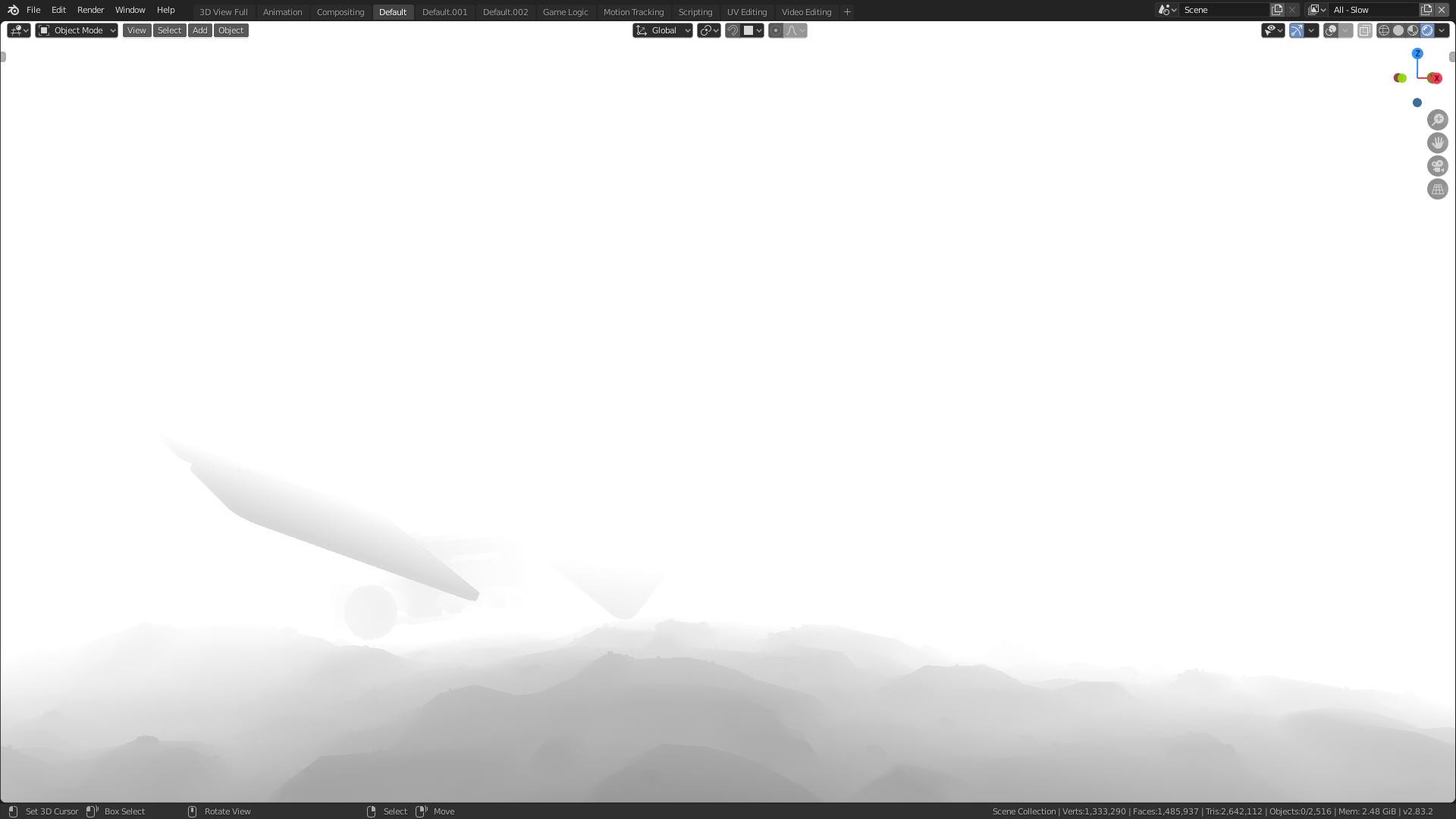
Ambient Occlusion, Normal, Mist, Subsurface Direct and Subsurface Color are supported, with more passes coming in Blender 2.83!
Volumetrics + Transparency
Transparent materials now blend properly with volumetrics.
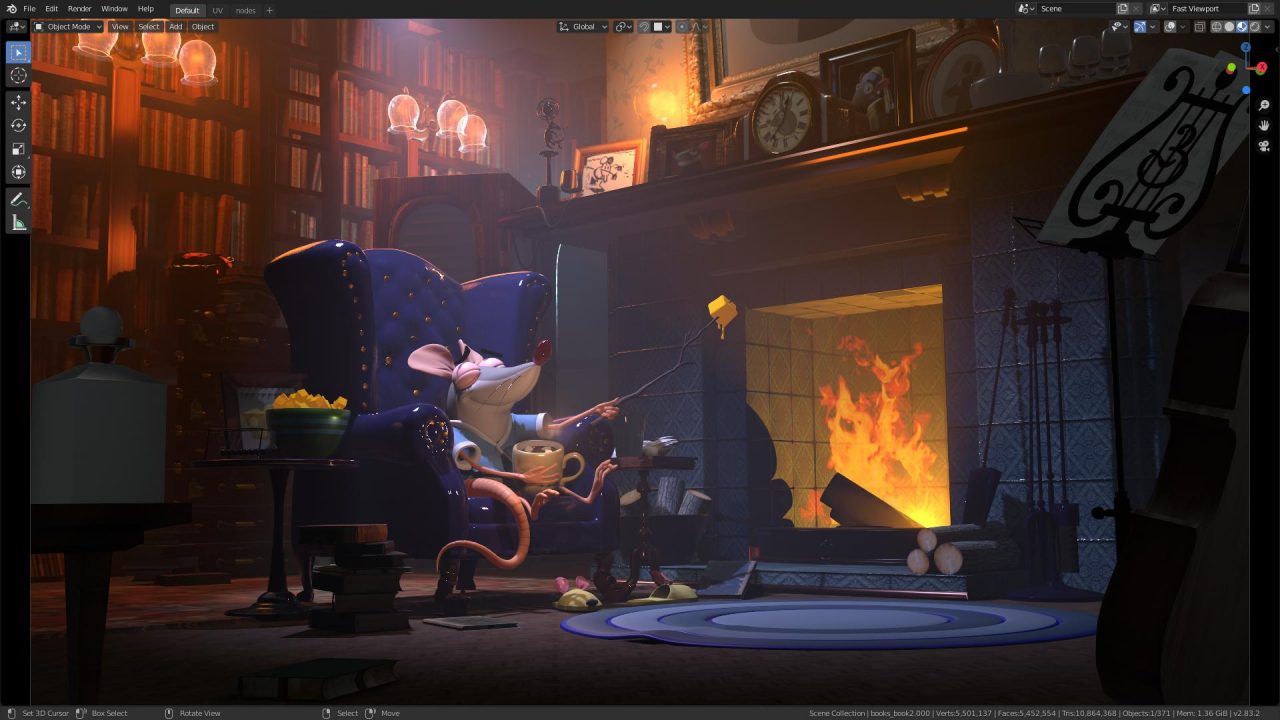
After the ground-breaking 2.81 sculpt updates, new features keep pouring in.
IK segments property to control how many IK bones are going to be created for posing. Hold Ctrl to twist the deformation.
Slides the topology of the mesh in the direction of the stroke while trying to preserve the volume.
Scrapes the mesh with two planes at the same time, producing a sharp edge between them.
Dash ratio and dash samples brush properties to create dashed strokes.
Even more:
- Mask Slice operator: removes the masked vertices from the mesh, with options to fill the produced holes or creating a new mesh object with the removed vertices.
- The symmetrize operator can now run with Dyntopo disabled.
- The sample detail size operator now works with the voxel remesher. It sets the voxel size to a value that produces a mesh with an approximate detail resolution to the area that was sampled.
Plus more improvements that don’t even fit here, check them out.
Many changes in the user interface, dopesheet updates, new tools and modifiers.
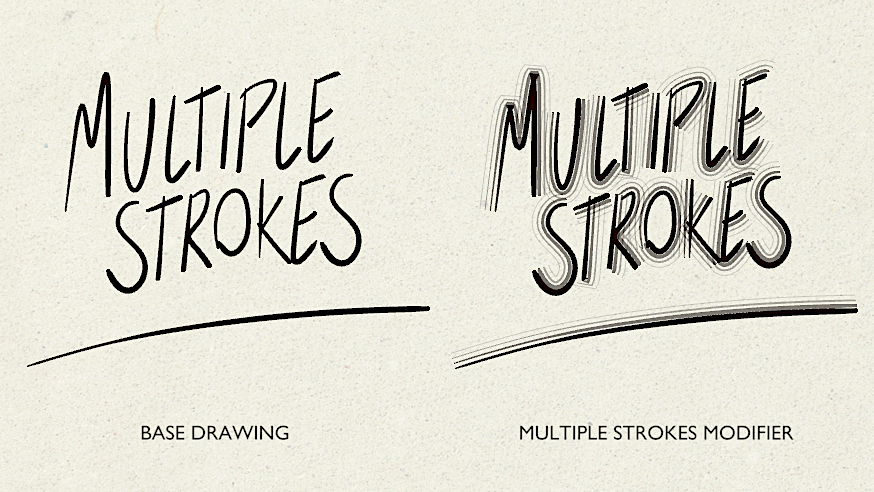
Automatically generate multiple strokes around the originals.
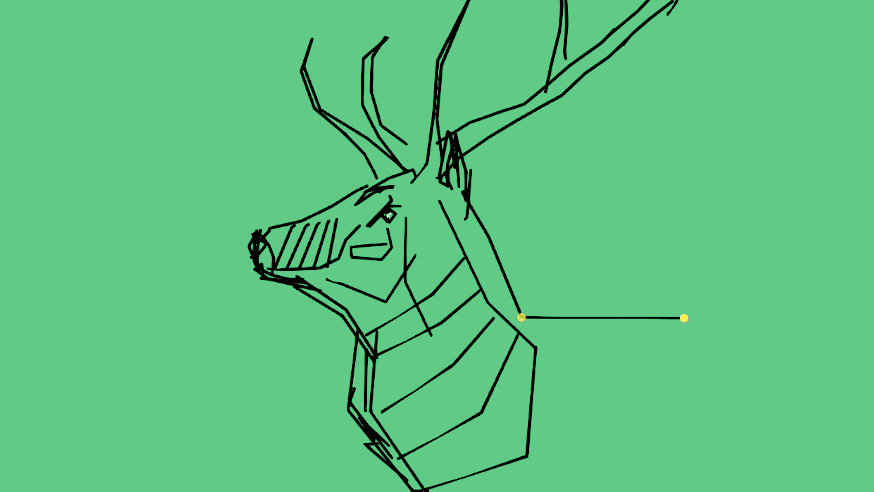
Draw polygon shapes with this new dedicated tool.
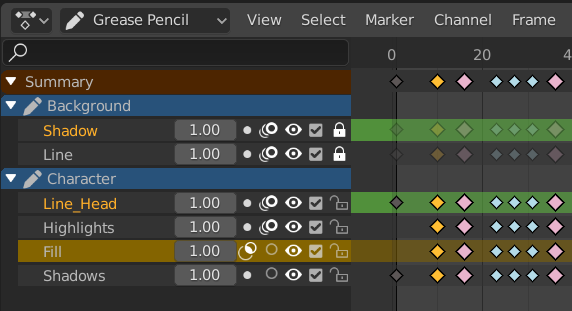
Quick access to Opacity, Blend and Onion skinning in the channels.
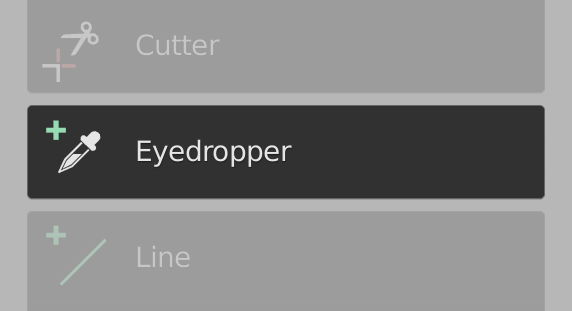
Easily create materials on the fly with this new tool.
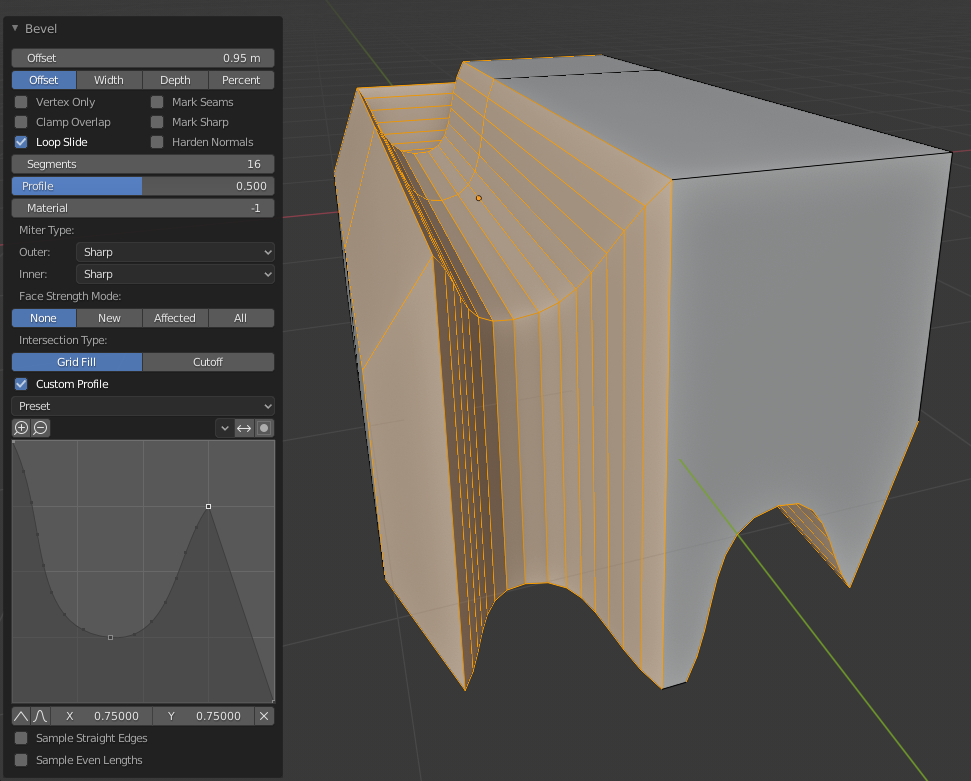
The bevel tool and modifier now have the ability use modified profiles beyond the existing super-ellipse control.
Once the “Custom Profile” option is checked, the profile can be changed with the curve widget which is sampled with the number of segments from the bevel.
The user interface and user experience keeps getting polished in 2.82; with improvements to the tool system and layout tweaks for consistency.
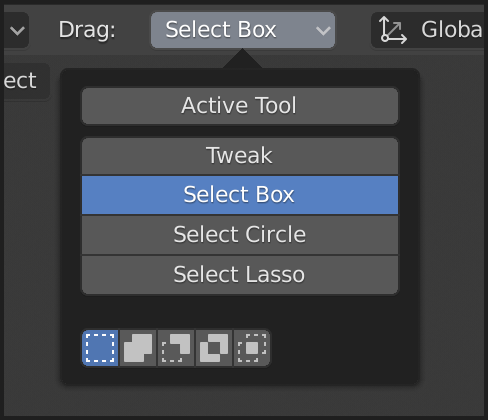
Now, when you have a tool active, you can still easily box, lasso or circle select when you click and drag outside the gizmo.
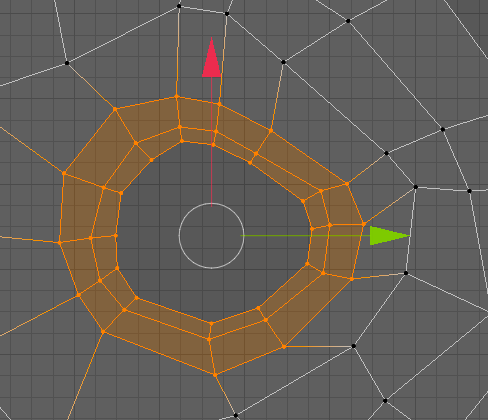
The UV Editor now supports gizmos for the transform tools, just like the 3D View.
Blender is committed to adhere with the VFX Reference Platform. This helps pipelines that depends on different software to have a common set of libraries they are all compatible with.
- Loading fluid simulations from previous versions is only partially possible. Read more .
- Due to changes in the Noise and Wave shader nodes, their pattern can look slightly different.Read more.
- EEVEE: A fix in how transparent materials react to volumetrics will make them look different (as in, properly lit), there is no workaround other than to tweak the affected materials. Read more.
- Bevel Improvements
- Rigify
- Amaranth Toolkit add-on
- Stretch To Swing Rotation
- Sun Position add-on
- EEVEE Improvements
- Precision Drawing Tools for CAD
- F-Curve Selection & Transform Improvements
- Collection Manager add-on
- glTF Improvements
- Cycles Performance
- Playblast Only Keyframes
- F-Curve Decimation
- Weld Modifier
- Alembic Normals Export
- Better Brush Defaults
- Improved Solidify Modifier
- Python API Changes
Follow the official hashtag for Blender stuff on social media #b3d
Blender Development Fund
The donation program to support maintaining and improving Blender, for everyone. Become a member for as little as €5 per month.
